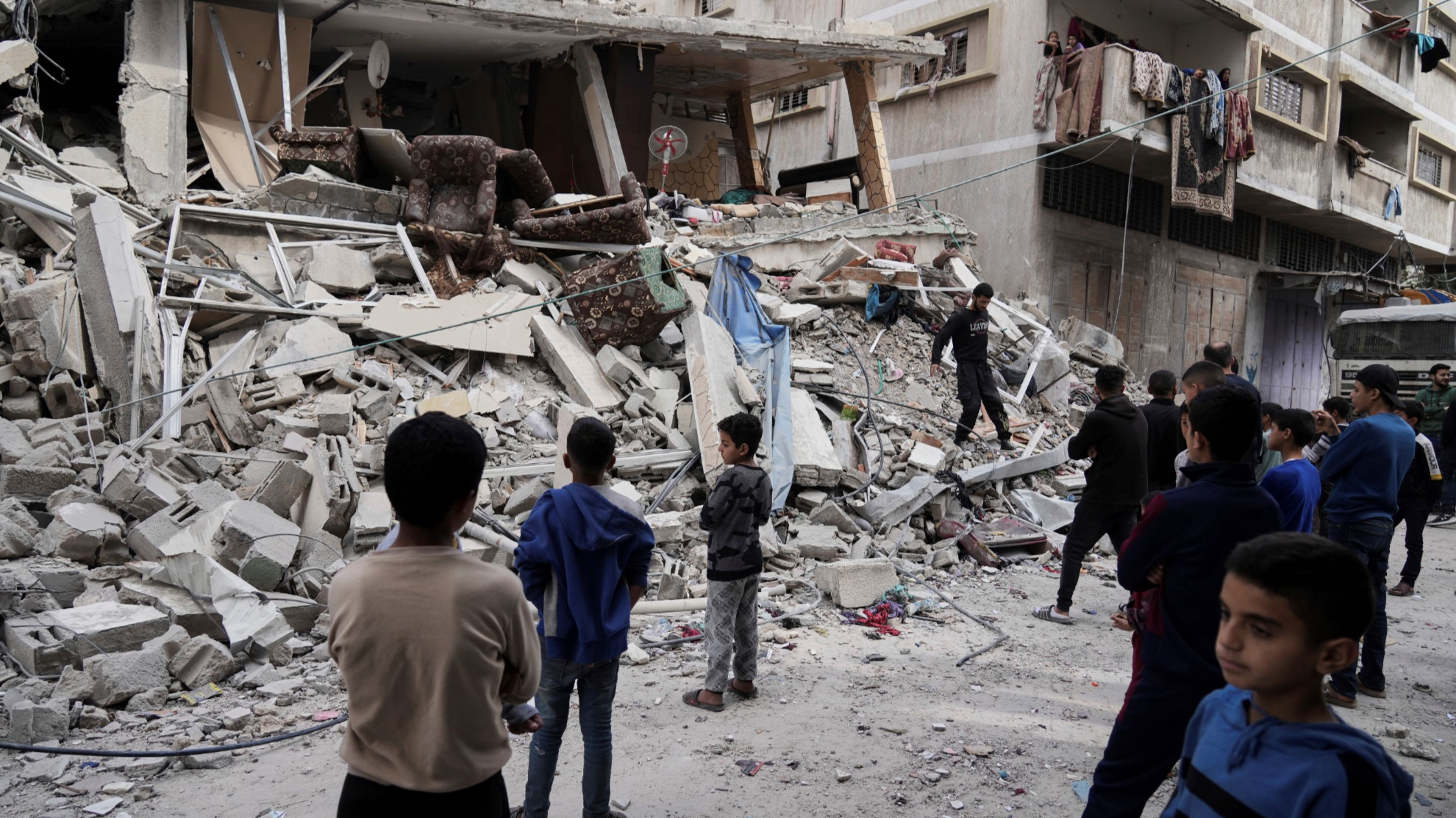
UNITED NATIONS - UN Secretary-General Antonio Guterres warned on Tuesday that the two-State solution to the Palestinian question "is near a point of no return."
In remarks to the UN Security Council open debate on the situation in the Middle East, including the Palestinian question, Guterres said the region is undergoing fundamental shifts, marked by violence and volatility but also opportunity and potential, and "truly sustainable Middle East peace hinges on one central question" -- a two-state solution, Israel and Palestine, living side-by-side in peace and security, with Jerusalem as the capital of both states.
But the promise of a two-State solution today is "at risk of dwindling to the point of disappearance" and "the political commitment to this long-standing goal is farther than it has ever been," he said.
The UN chief noted that since the Oct 7, 2023 terror attacks by Hamas, it has gotten worse on every front -- the unrelenting conflict and devastation in Gaza, Israeli military operations in the occupied West Bank, including East Jerusalem, and settler violence continuing at alarmingly high levels in a climate of impunity.
"The world cannot afford to watch the two-State solution disappear," Guterres insisted, stressing that political leaders face clear choices -- the choice to be silent, the choice to acquiesce, or the choice to act.
ALSO READ: Israel's Gaza aid blockade contested in World Court hearings
Noting that he was alarmed by statements by Israeli government officials about the use of humanitarian aid as a tool for military pressure, the UN chief emphasized that there must be no hindrance in humanitarian aid -- including through the vital work of UNRWA.
"We need the immediate and unconditional release of all hostages. And we need a permanent ceasefire," he said.
Guterres called on UN member states to use their leverage to ensure that international law is respected and impunity does not prevail, and urged all parties to conflict to comply with all their obligations under international law, including international human rights law and international humanitarian law.
Israel, as an occupying power, is under an obligation to ensure food and medical supplies of the population; Israel has an obligation to agree to and facilitate relief schemes in the Occupied Palestinian Territory; and humanitarian, medical and United Nations personnel must be respected and protected, the UN chief pointed out.
He underlined that the international community has a responsibility to prevent perpetual occupation and violence, and called on UN member states to take irreversible action towards implementing a two-State solution.
ALSO READ: Israeli forces carry out airstrike on Beirut's southern suburbs
The High-Level Conference in June, co-chaired by France and the Kingdom of Saudi Arabia, is an important opportunity to revitalize international support, said the top UN official, encouraging member states to go beyond affirmations and to think creatively about the concrete steps they will take to support a viable two-State solution before it is too late, and calling for stepped-up and sustained support, politically and financially, for the Palestinian Authority.
"Show the political courage and exercise the political will to make good on this central question for peace for Palestinians, Israelis, the region and humanity," the UN chief concluded.


